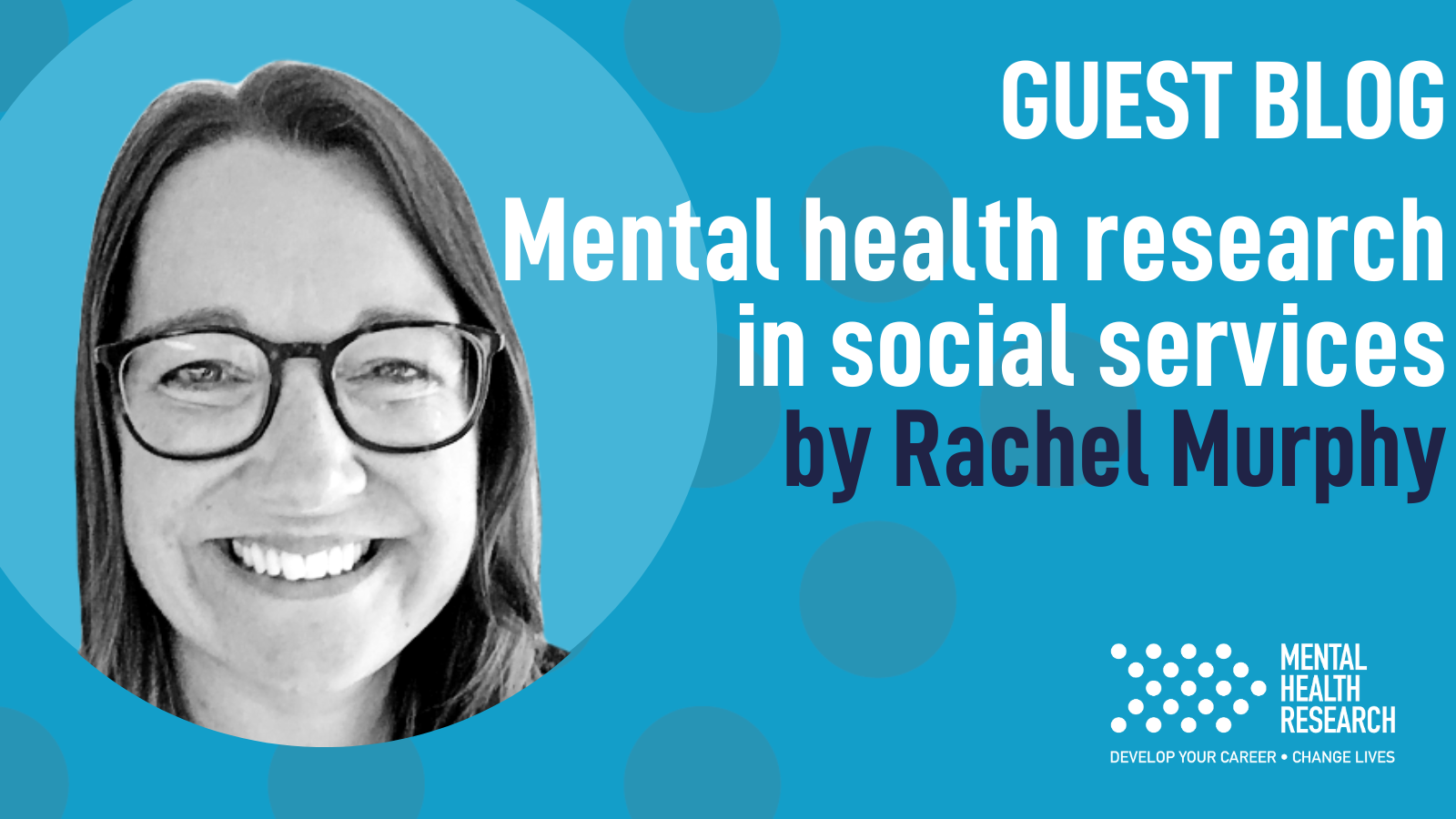
Guest blog By Rachel Murphy
Having successfully completed a mental health research fellowship, social work manager Rachel Murphy is now setting up systems to make North Yorkshire Council ready for a lot more research. In the process she has generated much more interest in and support for research from across her organisation. In this blog she explains how she’s doing it!
Upon successful completion of my 12-month Pre-Doctoral Local Authority Fellowship, investigating a mental health and safeguarding topic, I returned to my work as a social work manager in the council and was keen to put my research knowledge, skills and passion into action. Like many organisations, my council has challenges in becoming fully research active, due to limited workforce capacity, capability, and the demands of our forefront service delivery. However, in line with the government drive to make councils more research active, our council has a passion for engaging with, and undertaking research to inform the evidence base for our services.
The foundation: a dedicated role
With support from my employers and from regional universities, I was able to move into a temporary Research Lead role within Adult Social Care services in the council. The creation of this role aligned with our council values, to be innovative, ambitious and creative and supported our goal to be more research active, as it enabled a dedicated, full-time post, committed to driving forward the research agenda.
My research to date had been focused on mental health, but I knew that this was just one service area within a very large, complex organisation. I was keen to know how my own research may link with other service areas, what research was already happening elsewhere in the council, and how we could track this and plan future projects, to ensure maximum collaboration and impact.
“I soon recognised the value that a Research Governance Framework would bring”
Step 1: a framework
One of my first tasks was to identify and map out the research activity that we were already involved in, and begin to identify our future research priorities. As a large, multifaceted organisation, this was no easy task. I soon recognised the value that a Research Governance Framework would bring, to introduce a single point of contact for all research requests, a standardised decision-making process, and a system for tracking research and disseminating findings. As such, the implementation of this Framework became a key task within my role.
Step 2: a research log
Alongside the Framework, a comprehensive Research Log was developed, to capture the details of the research activity that we are involved in. Having this log ensures that we can track our research activity and are kept informed of study outcomes, thus informing our evidence base. Developing these documents enabled a clearer understanding of our current research position and helped to identify some areas of research priority. This has then enabled us to map our priorities against those of partner universities, and to develop collaborative research funding proposals.
Step 3: an active research working group and a growing research culture
It has been a delight to see the amount of interest being generated in research, as this work has been undertaken, and the narrative around social care research has developed. now comprising of over 45 representatives from different service areas, with a collective energy for research, who share ideas and undertake actions to help promote research across the Council. The ongoing NIHR investment in Local Authority staff provides new opportunities for our workforce to develop as Practitioner Researchers, and my role has enabled me to support other staff members who want to pursue these routes.
I am keen for my own journey into Practitioner Research to progress and am delighted to have now been awarded a Doctoral Fellowship, in which I will continue my mental health research. Alongside this, I feel privileged to be involved in leading organisational research developments and feel confident that the future is bright for mental health and social care research.
Do you work in mental health research outside of academia? How does your workplace support your research goals? Let us know via Twitter – @MHRIncubator
